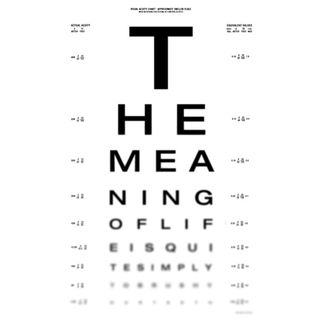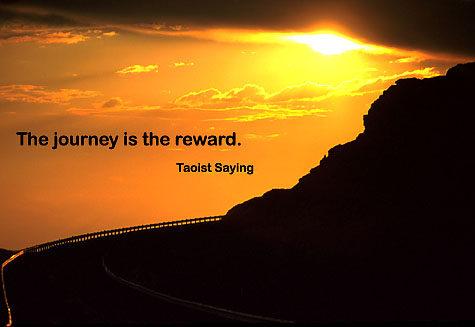It makes you happy...
In our world, every effect is caused by an action. A window breaking is caused by a boy throwing a rock at it. A new law is caused by the Supreme Court passing it. Most people would agree that the same thing can be said in a mental sense. Smiling is caused by being happy. And people would agree that you can’t just flip these two and have an action caused by an effect, because time doesn’t go backwards. You couldn’t have a boy throw a rock at a window because the window breaks. You couldn’t have the Supreme Court pass a new law because a new law is passed.
Those two statements are true. With things like that, time would have to go backwards for an action to be caused by an effect. But sometimes, in other situations, our brain gets so used to the cause-and-effect cycle of life that when presented with an effect, it will guess the cause as well.
What do I mean? Well, take the last example, of smiling being caused by being happy. What this means is that when you put a smile on your face, your brain automatically thinks Oh, look, I’m smiling. I guess that means I’m happy. And amazingly, it releases the chemicals in your brain that make you happy. This phenomenon has been proved over and over in scientific tests; smiling makes you happy!
If you aren’t convinced, try it right now. While you read these words, put a big smile on your face. It doesn’t matter if it’s a completely forced smile. Hold your smile for about 20 seconds, and then stop. Don’t you feel more lighthearted, worry-free, and generally more joyous and happy?
While it’s highly recommended that you put a smile on your face a few times a day to lift your spirits, that’s not what I wrote this post for. I wrote this post to show you that these “actions caused by their effect” can be applied almost anywhere in life. And if you think of other ways to generate actions out of yourself, or other people, because of the effect they have, you can be extremely influential.





